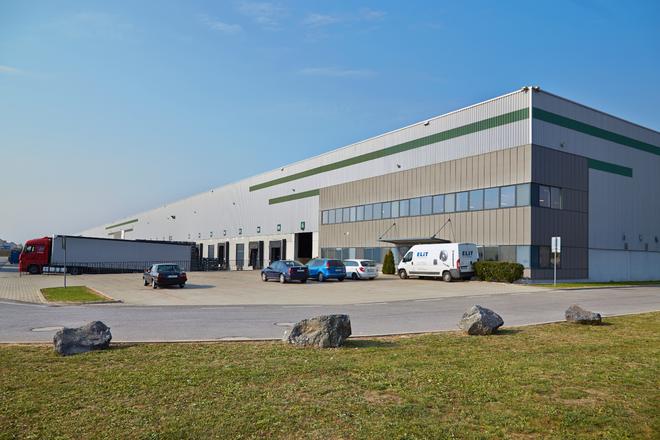While logistics real estate used to be less attractive compared to the office or retail sectors, the Covid-19 pandemic and subsequent lockdowns accompanied by a surge of online shopping has increased demand for logistics real estate. As a consequence, industrial and logistics properties were the least affected by the pandemic, and the most attractive for investors. Given the evergrowing volume of online shopping and increasing pressure for greener solutions, real estate market experts assume that this sector will continue advancing in 2021.
“Logistics real estate was the most attractive for investors last year and we expect it to be the same this year,” said Michal Cerulík, director of industrial and logistics real estate at CBRE Slovakia. “The future of this sector will continue to be driven mainly by ecommerce, the automotive sector and the global trend of sustainability.”
Investors’ attention in 2020 mainly focused on industrial real estate, which accounted for up to 49 percent of the total volume of transactions made in Slovakia. This is a significant increase from the average 37 percent between 2016 and 2019. The office sector followed with 37 percent, based on data by Cushman & Wakefield.
“The fact that, for the first time in history, we saw more investments in industrial real estate than in office real estate is relatively crucial,” Ľubor Procházka, head of Advisory & Transaction Services at CBRE Slovakia, told The Slovak Spectator. The retail segment had less liquidity, with only an 11percent share. Only 3 percent of investments went to other types of commercial real estate, including hotels, based on CBRE and Cushman & Wakefield data.
Even though the Slovak logistics market has increased, the growth was not as significant as in other European countries, noted Martin Baláž, country manager for Czech Republic and Slovakia at Prologis, when comparing the development in Slovakia with other countries. Prologis is a major logistics real estate developer operating in Slovakia.
“This is because many ecommerce companies active in Slovakia, which is a relatively small country, service local customers either from the Czech Republic or other countries,” Baláž told The Slovak Spectator. “Moreover, consumption in Slovakia is not so strong that it would require such a significant increase.”



 Prologis Park Bratislava (source: Courtesy of Prologis)
Prologis Park Bratislava (source: Courtesy of Prologis)